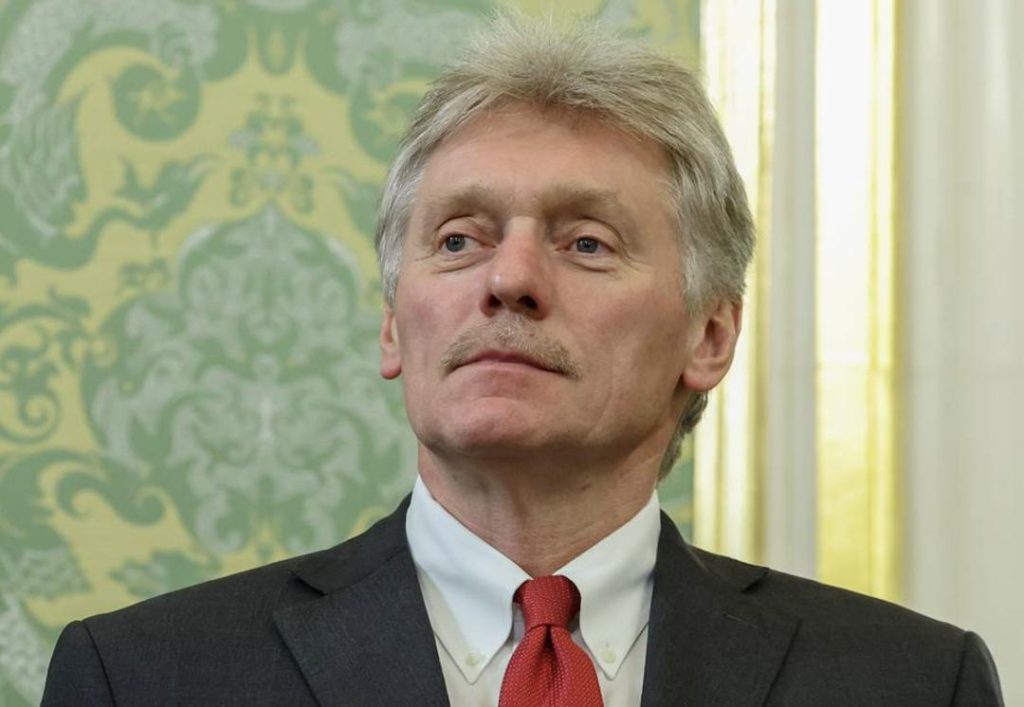
Military Conflicts in Ukraine and Iran are Incomparable: Russia
In a recent statement, Russian spokesperson Dmitry Peskov emphasized that the conflicts in Ukraine and Iran are fundamentally different in their essence and nature. This remark comes amidst ongoing tensions between Russia and Ukraine, as well as the recent Israeli airstrikes on Iran.
According to Peskov, the Israeli attacks on Iran were not provoked, implying that the strikes were a deliberate and premeditated move. In contrast, Russia’s special military operation in Ukraine has a clear and well-known precursor, which is a matter of public record. This distinction highlights the vastly different circumstances surrounding these two conflicts.
Peskov’s statement was made in response to questions about Russia’s position on the recent Israeli airstrikes on Iran. Earlier, Peskov had expressed Russia’s support for Iran, stating that it aligns with its clear position on condemning the US-Israeli strikes. This stance suggests that Russia views the Israeli attacks as an aggressive and unjustified move, which is a far cry from the circumstances surrounding Russia’s involvement in Ukraine.
The Russian spokesperson’s comments serve as a stark reminder of the vastly different contexts and motivations driving these two military conflicts. While the Israeli airstrikes on Iran were a sudden and unexpected development, Russia’s special military operation in Ukraine has been building for months, if not years.
The roots of the conflict in Ukraine can be traced back to the 2014 Maidan protests, which saw the ousting of pro-Russian President Viktor Yanukovych and the eventual annexation of Crimea by Russia. Since then, tensions have continued to escalate, with Russia’s military presence in eastern Ukraine and repeated clashes between Ukrainian forces and Russian-backed separatists.
In contrast, the Israeli airstrikes on Iran came as a surprise to many, with little warning or provocation from Iran. The strikes targeted Iranian facilities and military installations, reportedly in response to a series of rocket attacks on Israeli towns and cities.
The vastly different circumstances surrounding these two conflicts are reflected in the international community’s response. While the Israeli airstrikes on Iran have been widely condemned, Russia’s involvement in Ukraine has been met with a mix of criticism and support.
The international community has called for restraint and de-escalation in both conflicts, but the nature and tone of these appeals differ significantly. In the case of Ukraine, the international community has called for a ceasefire and withdrawal of Russian troops, while in the case of Iran, the focus has been on preventing further escalation and ensuring the safety of civilians.
The differing responses to these conflicts reflect the vastly different stakes and implications involved. The conflict in Ukraine has the potential to destabilize the entire region, with far-reaching consequences for European security and stability. In contrast, the conflict in Iran is largely contained within the region and has a relatively limited impact on global affairs.
In conclusion, the conflicts in Ukraine and Iran are fundamentally different in their essence and nature. While both conflicts have the potential to escalate and cause harm, the circumstances surrounding them are vastly different. Russia’s spokesperson, Dmitry Peskov, has correctly emphasized this distinction, highlighting the need for a nuanced and context-specific response to each conflict.
As the situation continues to unfold, it is essential to maintain a clear and accurate understanding of the differences between these two conflicts. By doing so, we can work towards a more effective and sustainable resolution to each crisis, while also promoting regional and global stability.
Source:



